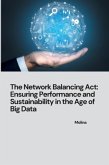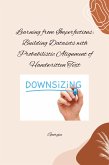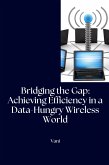"Beyond Testing: The Art and Science of Formal Verification" intrigues readers by suggesting there's more to software development than meets the eye. It hints at a blend of creativity and rigor in the realm of formal verification.We can delve deeper by briefly explaining the limitations of testing. Traditional testing methods, often referred to as black-box testing, can be like throwing spaghetti at a wall - identifying bugs through various user scenarios, but not guaranteeing all errors are caught.The title emphasizes the "art and science" of formal verification. It's both a methodical approach - involving the creation of a formal model of the software system and rigorous analysis - and an art form - requiring expertise in software design and logic to identify potential flaws.This analysis could highlight the benefits of formal verification. It can be more comprehensive than testing, catching errors early in the development process and providing a higher level of confidence in the software's correctness, especially for critical systems.By moving "Beyond Testing," we discover a powerful tool for ensuring software reliability in our increasingly complex world.
Bitte wählen Sie Ihr Anliegen aus.
Rechnungen
Retourenschein anfordern
Bestellstatus
Storno









